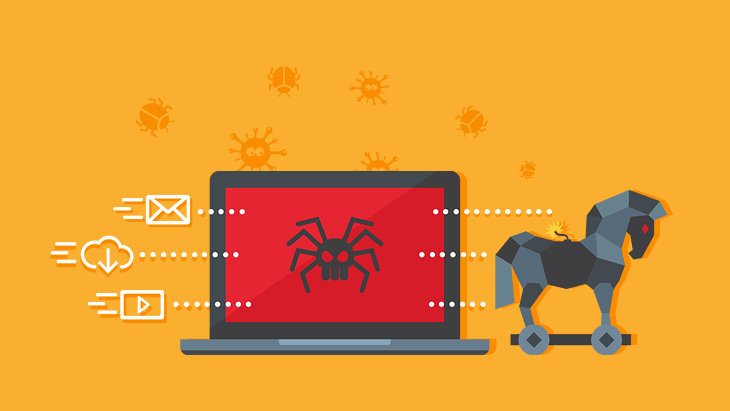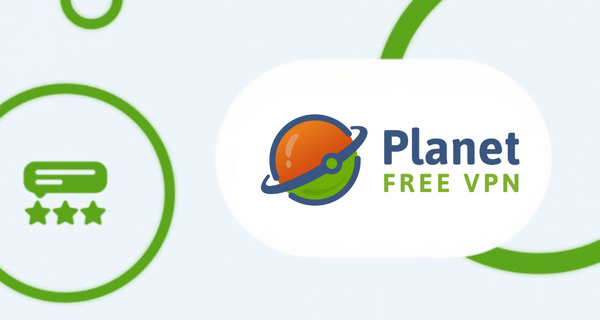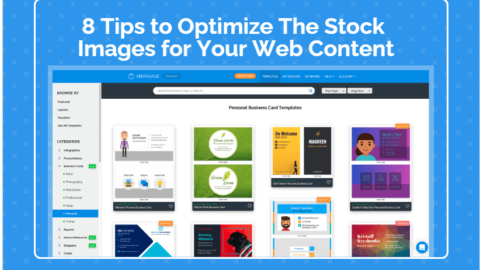Watch Out for Fake VPNs: Spotting Trojan Apps
In the digital age, where online security is paramount, the rise of free VPN apps has become both a blessing and a potential curse. While legitimate free VPN services exist, there is a growing concern about deceptive fake VPNs that may compromise your data security. In this article, we’ll explore how to identify and avoid Trojan apps masquerading as free VPNs and introduce a reliable option, Planet VPN provider, ensuring your online safety without compromising your data.
Table of Contents

1. Scrutinize App Reviews to Detect Fake VPNs
The user community can be a valuable source of information. Before downloading a free VPN app, take a moment to go through the reviews. Genuine concerns or consistent negative feedback might signal a potential issue. Look for apps with positive reviews and endorsements from reputable sources.
2. Investigate Permissions
Genuine VPN apps require specific permissions to function effectively, typically related to network connections. Be cautious of apps that demand excessive permissions beyond their core functionality, as this could indicate malicious intent. A trustworthy VPN respects your privacy and only asks for what is necessary.
3. Verify Developer Credibility Against Fake VPNs
A reliable VPN service is often backed by a reputable developer. Take the time to research the developer’s background and other apps they’ve created. Established developers with a positive track record are more likely to offer trustworthy VPN services. Be cautious if the developer’s information seems obscure or unreliable.
4. Scrutinize Privacy Policies
Legitimate VPN providers are transparent about their privacy practices. Read the privacy policy of a VPN app carefully to ensure it aligns with standard privacy principles. If the policy is unclear, overly complicated, or requests unnecessary personal information, it’s a warning sign.
5. Examine App Design and Functionality
Pay attention to the overall design and functionality of the app. Genuine VPNs invest in creating a user-friendly and efficient interface. If an app seems poorly designed, lacks essential features, or behaves erratically, it may not be a trustworthy VPN.
Planet VPN: Your Trusted Online Guardian

Now that you’re armed with knowledge on identifying potential risks, consider Planet VPN as a reliable and secure option. With our free VPN service, you can enjoy the benefits of online privacy without compromising your data. We prioritize your security and guarantee a seamless online experience. Trust Planet VPN to keep you safe on your digital journey.
Take control of your online security with Planet VPN – where privacy meets reliability. Download our free VPN service today and explore the internet securely. Your safety is our priority.
Are there disadvantages to using a VPN?
A VPN, or virtual private network, is a service that encrypts and routes your internet traffic through a remote server. A VPN can provide many benefits, such as enhanced security, privacy, and access to geo-restricted content. However, there are also some disadvantages to using a VPN that you should be aware of.
Some of the drawbacks of using a VPN are:
– Compatibility issues: Some websites and applications may not work well with a VPN, or may even block VPN users altogether. For example, some online banking services, streaming platforms, and gaming servers may detect and prevent VPN access for security or licensing reasons.
– Legal risks of fake VPNs: Depending on where you live and what you do online, using a VPN may not be legal or may expose you to legal consequences. Some countries have strict laws against VPN usage.
– Trust issues: A VPN is only as good as the provider that offers it. Unfortunately, not all VPN providers are trustworthy or transparent about their policies and practices. You should always do your research and choose a reputable VPN provider that respects your privacy and security.
Is there any harm in using VPN?
Using a VPN can have many benefits, such as protecting your privacy, accessing geo-restricted content, or bypassing censorship. However, there are also some risks involved, depending on the VPN provider, the jurisdiction, and the purpose of using it. Some fake VPNs may keep logs of your online activity, sell your data to third parties, or expose you to malware or phishing. Some countries may also have laws that prohibit or regulate the use of VPNs, and you could face legal consequences if you violate them. Therefore, it is important to do your research before choosing a VPN service and to use it responsibly and ethically.

Adhar Dhaval is experienced portfolio, program and project leader with demonstrated leadership in all phases of sales and service delivery of diverse technology solutions. He is a speaker sharing advice and industry perspective on emerging best practices in project leadership, program management, leadership and strategy. He is working for the Chair Leadership Co.










